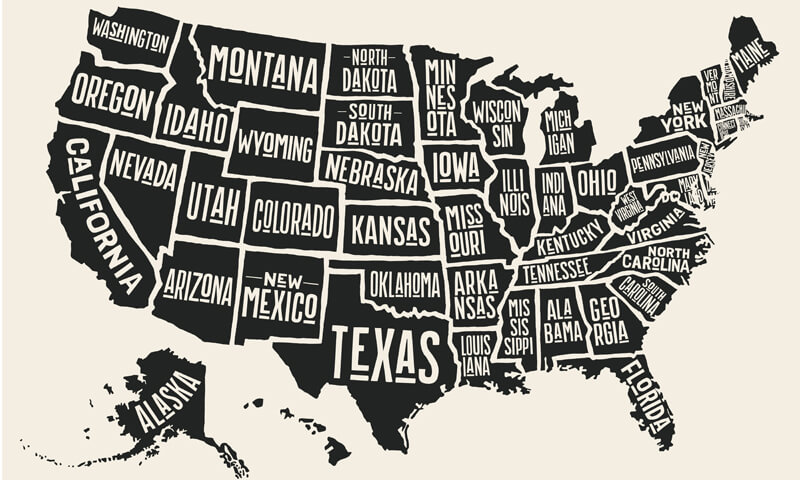In his recent firing from the hit CBS show “Two and a Half Men”, Charlie Sheen has filed a 
Originally the hit show was temporarily postponed last month after Sheen said that he had a hernia and was hospitalized. He then went through rehab at his house for drug addiction. On February 14, Sheen said that when he showed up to work, he found no scripts available for shooting. He found out later that they did not plan on producing any more episodes until after March 25.
The final straw happened when, in a written statement, CBS and WB said on February 24 that they planned on stopping production of the show for the remainder of the season. Sheen then launched a media campaign which criticized Lorre. Sheen was then fired by the WB on March 7. Before his recent firing, Sheen was one of the highest paid actors on TV, making $1.2 million for each episode.
According to Sheen’s attorney, Martin Singer, of Lavely & Singer, “…Lorre has been motivated in part by his own self interest and conflict of interest to make his other shows flourish at the expense of the series and because of his animus toward Mr. Sheen.”
Says the lawyer representing Lorre, Howard Weitzman, who is a partner at Kinsella Weitzman Iser Kump & Aldisert, “The allegations in the complaint against Mr. Lorre are as recklessly false and unwarranted as Mr. Sheen’s rantings in the media. These accusations are simply imaginary.”
Sheen has also said that he and 9th Step Productions, the company that loans his services out as an actor, are planning to sue under a provision of California Labor Code 2599, which allows him to assert claims as a “private attorney general” on behalf of his cast and crew. Although rarely used in entertainment lawsuits, it imposes civil penalties of up to $200 for every violation against employers. He also plans to file a formal written notice with the state Labor and Workforce Development Agency.
Stay tuned for the latest updates in this legal battle.















































